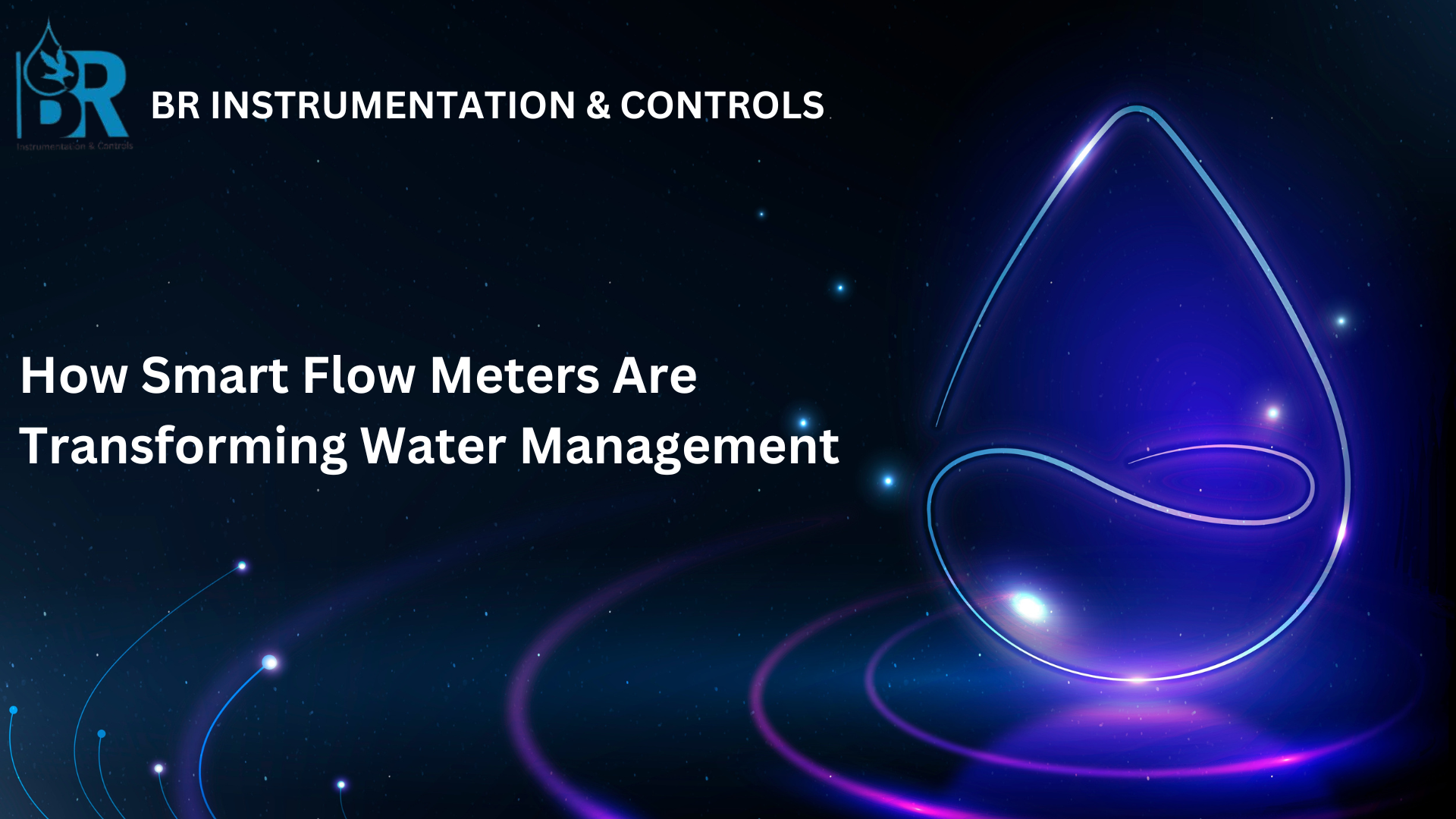How Smart Flow Meters Are Transforming Water Management

Water is one of the most essential resources for human survival, industrial operations, and agricultural production. With growing global water scarcity, effective water management has become increasingly important. One of the most significant advancements in this area is the development and implementation of smart flow meters. These advanced devices are transforming water management by providing real-time data, enhancing efficiency, and minimizing waste.
What Are Smart Flow Meters?
Smart flow meters are advanced measurement devices that utilize digital technologies and the Internet of Things (IoT) to monitor water flow with high accuracy. Unlike traditional flow meters, which depend on mechanical components, smart flow meters incorporate sensors, data analytics, and wireless connectivity. This integration allows for real-time monitoring and valuable insights.
Key Features of Smart Flow Meters:
- Real-Time Data Collection: Continuously measure water flow and send data instantly.
- Remote Monitoring: Allow users to track usage from anywhere via mobile apps or web dashboards.
- Leak Detection: Identify leaks early, preventing water loss and reducing costs.
- Automated Alerts: Notify users of unusual patterns, such as excessive consumption or sudden drops in flow rate.
- Integration with Smart Water Systems: Work seamlessly with smart grids and other IoT-enabled infrastructure.
Benefits of Smart Flow Meters in Water Management
- Enhanced Accuracy and Efficiency
- Leak Detection and Waste Reduction
- Optimized Industrial and Agricultural Use
- Improved Consumer Awareness and Conservation
- Data-Driven Decision Making
Smart flow meters provide highly accurate measurements, reducing the chances of discrepancies in water usage data. This leads to more efficient billing and better resource allocation for municipalities and industries.
One of the biggest advantages of smart flow meters is their ability to detect leaks in real time. Traditional meters often fail to identify leaks until they become severe. By pinpointing leaks early, smart meters help conserve water and lower maintenance costs.
Industries and farms require large volumes of water, making efficient use crucial. Smart flow meters help optimize irrigation systems and industrial processes by providing insights into consumption patterns and suggesting ways to improve efficiency.
With real-time monitoring and usage insights, households and businesses can actively track their water consumption. This increased awareness encourages conservation efforts and responsible water usage.
Governments, municipalities, and industries can use data collected from smart flow meters to plan water distribution, implement conservation policies, and predict future water demand trends.
The Future of Smart Flow Meters
As technology advances, smart flow meters are becoming increasingly sophisticated. Innovations like AI-driven analytics, blockchain for secure data transactions, and improved IoT connectivity will enhance their effectiveness in water management. Governments and organizations worldwide are increasingly adopting these meters as part of their sustainability initiatives.
Conclusion
Smart flow meters are a significant advancement in sustainable water management. By utilizing real-time data, advanced analytics, and IoT connectivity, these devices help reduce waste, optimize water usage, and ensure the availability of water for future generations. As the adoption of smart flow meters continues to increase, they will play an even more important role in addressing global water challenges.
